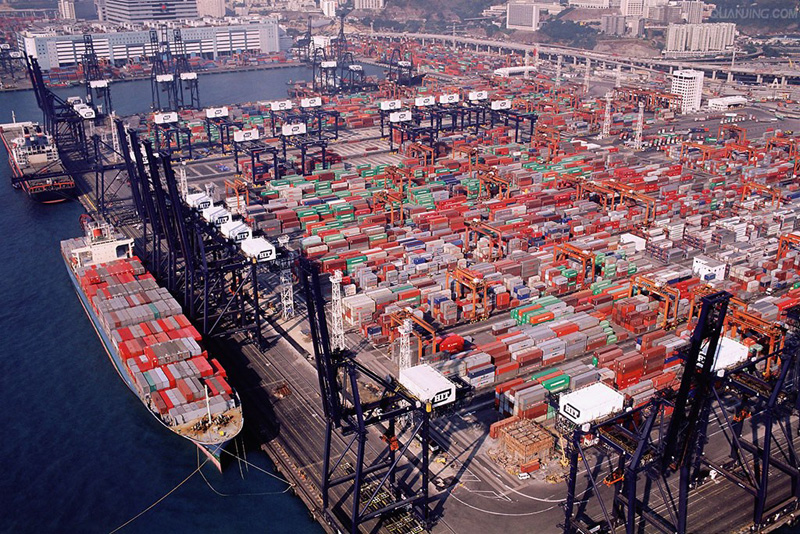 Author: Xie Laifeng, Research Assistant, Center for Hong Kong and Macao Studies
Author: Xie Laifeng, Research Assistant, Center for Hong Kong and Macao Studies
Editor’s Note: Hong Kong has always maintained strong investment and trade relations with the countries of Southeast Asia. Thus, the region is paramount to Hong Kong's participation in the “Belt and Road” initiative. Hong Kong should therefore maximize its inherent advantages and deepen its cooperation with Southeast Asia in a range of fields such as finance, professional services, free trade zones and cultural exchanges.
Hong Kong possesses distinct advantages as the critical maritime hub linking China with the rest of the world. Southeast Asian countries are major trading partners with Hong Kong in terms of commercial services, real estate, finance, manufacturing, and insurance; among Hong Kong's top ten trading partners in 2016, countries in Southeast Asia took up four spots and the summative value of trading with these nations made up more than 10% of the annual total. Hong Kong's exports to ASEAN countries climbed by 8.6% in 2016; in addition, 10% of all trade between the Chinese mainland and Southeast Asia goes through Hong Kong, and this figure is on the rise. Thus, Southeast Asia has a critical position in Hong Kong's foreign economy.
As an international finance and global asset management center, Hong Kong’s abundant high-quality capital, talent, and other resources can provide financing services for Chinese enterprises engaged in infrastructure development, industrial parks, investment, and other capital projects in Southeast Asia. In addition, Hong Kong has garnered global recognition and approval in areas such as law and international arbitration, which are likely to be beneficial for a range of “Belt and Road” projects Southeast Asia.
Hong Kong should deepen its collaboration with Southeast Asia in four principal areas. Initially, Hong Kong should fully capitalize on its advantages in the fields of finance and investment and strive to establish branches of the Asia Investment Bank and Silk Road Fund in order to provide financing for “Belt and Road” projects. Hong Kong should also combine its strengths in professional services with the technical prowess of mainland enterprises to facilitate overseas infrastructure construction and the development of industrial parks in order to jointly expand overseas markets. Hong Kong should, in addition, take advantage of its strengths as a free port, and actively participate in the Regional Comprehensive Economic Partnership (RCEP) in order to cement its key role in the Chinese-Southeast Asian trade network. Finally, Hong Kong should leverage on its geographical proximity to and cultural similarities with Southeast Asia to reinforce its human-level exchanges with the region.








